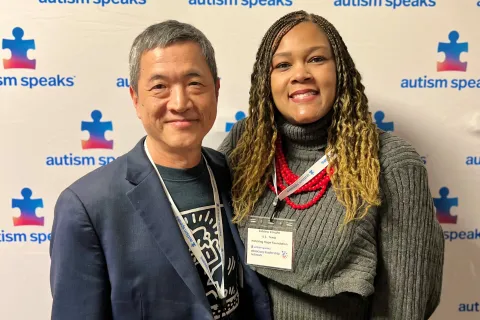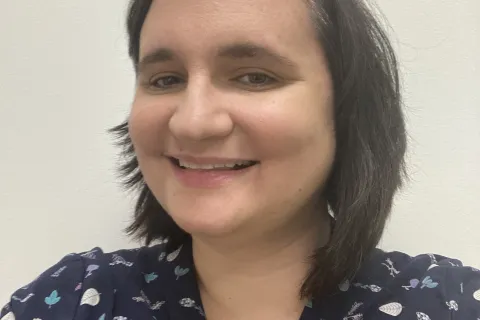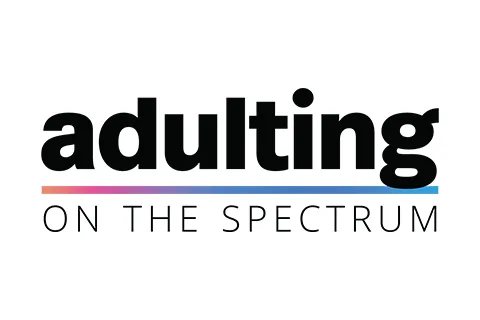Life Skills Programs
Postsecondary Educational Opportunities Guide
By Linda Rogen, M.P.H.Below is an excerpt from Autism Speaks Postsecondary Educational Opportunities Guide by Linda Rogen, M.P.H., Director of Programs & Services Bobbi Guercia, M.S., Director of Admissions & External Relations Vista Vocational
Independent Living Programs for people with autism are postsecondary programs that offer services and supports to help individuals live and work successfully. Instruction needs to incorporate best practices identified for working with people on the autism spectrum. While similar services are offered by most Independent Living Programs, each program addresses them differently.
Comprehensive Independent Living Programs should have the following basic components:
Education
Programs offer people with autism a variety of learning opportunities from curriculum-based instruction to community-based learning experiences. Teaching should be explicit, experiential and at an appropriate level for the individual with autism to learn. Assistive technology should be utilized to enhance learning and function. Instruction may occur individually or in small or larger groups. Functional academics are taught to enhance independent living and vocational functioning. Education may also include specific academic instruction at a postsecondary level associated with a local university or college or at a basic secondary level to assist individuals achieve needed diploma-related skills. Each program differs in its approach to formal education experiences from those that associate themselves directly with a college or university to others that offer it as an adjunct or additional programmatic option.
Life Skills
Individuals on the spectrum need clear, incremental hands-on instruction on how to live on their own. Basic life skills training occurs in areas such as money management, cooking, shopping, room organization and transportation. Instructions should also include the important executive function skills or thinking skills such as organizing, planning, prioritizing and decision making related to each life skill being taught. Life skills training should occur in natural environments where the skills being taught relate directly to the type of environment in which the individual is going to live.
Vocational Working enables individuals with autism to earn their own money, gain positive self-esteem and recognize their worth in society. Employment training will include on-site experiences in a variety of work settings, both paid and non-paid. Scaffolding techniques and job coaches or professional supports should be utilized to ensure proper transition in the work place. Individuals with autism learn the vocational “soft skills” necessary for all jobs, as well as job specific skills required for employment. The focus is on individual vocational placements and supported group employment.
Social/Self-Esteem
People with autism want meaningful relationships though they often have difficulty understanding the “hidden curriculum”, applying appropriate social behavior to each situation and developing satisfying friendships. Programs should offer counseling, group opportunity for social skill development, peer support and formal instruction that develops self-esteem, helps individuals read and respond to social cues and learn the fundamentals of relationships, including how to form and maintain them. Behavioral plans that target key social skills or behaviors within a peer or community context will be important in clearly defining the desired social skill and peer development goals for the individual and the program.
Leisure
The scope of life for an individual on the autism spectrum must extend beyond the internet, video games and the television. Individuals with autism are taught about options for their free time, how to make choices around activities and how to initiate recreational activities. Programs should offer leisure activities which provide enjoyment, exposure to the wider community and a chance for physical involvement. These offerings should be considered part of the instructional framework as the abstract thinking, social skills and cognitive flexibility needed to deal with situations as they occur naturally are skills unto themselves. Structured leisure activities should take individuals on the spectrum into the natural community. Building peer and other social relationships will enhance self-esteem, build confidence and skill in dealing with unknown situations and offer individuals the opportunity to make decisions about their lifestyle choices for the future.
Learn more about postsecondary options in Autism Speaks Postsecondary Educational Opportunities Guide.







